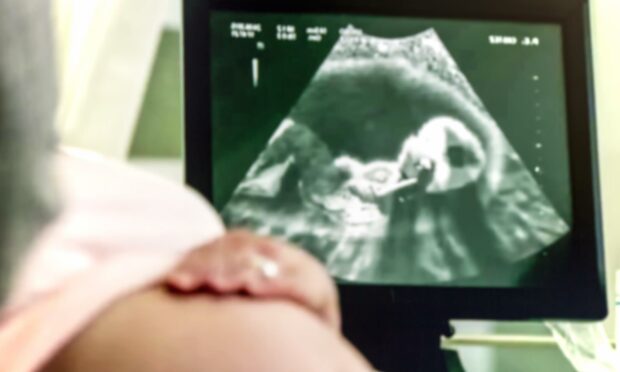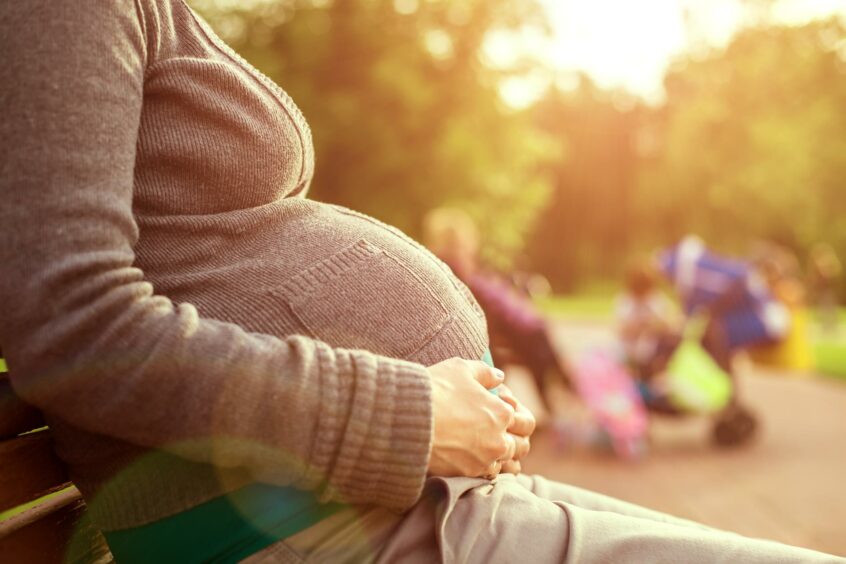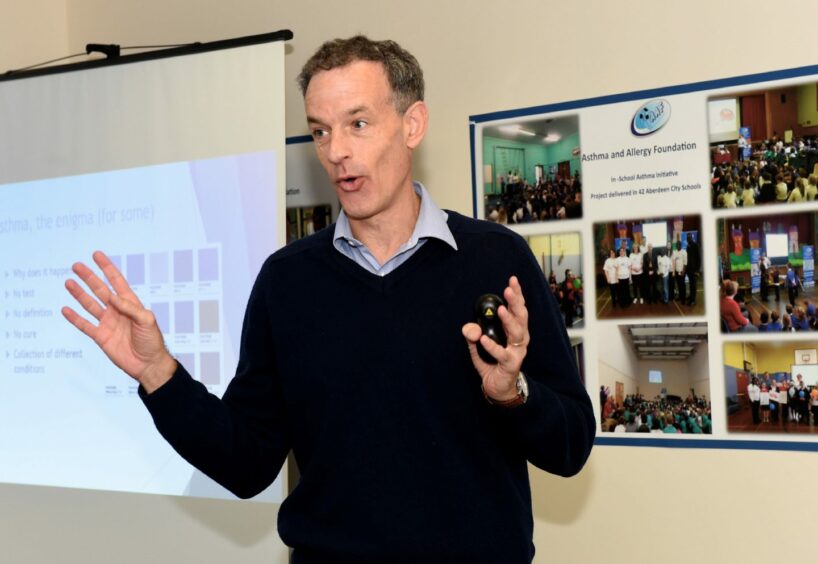Poverty is affecting the growth of unborn babies from as early as halfway through pregnancy, according to researchers at Aberdeen University.
The international study gathered details of ante-natal and birth size and related it to household income.
It found that across the countries studied, babies were smaller at birth if they came from a lower-income household.
This smaller size was already visible at 20 weeks gestation.
Smaller size before and at birth can cause issues like high blood pressure, type 2 diabetes, heart attacks, asthma and early death.
Worldwide study led by city
Researchers from Aberdeen University worked with colleagues from around the world on the project.
They spoke to 22,000 people from Scotland, England, Saudi Arabia, USA, Netherlands, Spain, Norway, Sweden and France.
This study which is published in the Journal of Epidemiology and Community Health, related poverty to birth and pre-natal size.
It also took into account other factors including mother’s age, height, number of other children and smoking.
The team from Aberdeen University hope their study will encourage healthcare providers to recognise the health risks associated with lower income for mothers and their unborn children.
Poor parents means smaller children
Aberdeen University’s Professor Steve Turner led the study and said their study showed that if parents are living below the breadline their children will be smaller.
He said their study found it puts those from poorer households will be at more risk of illness when they get older.
Professor Turner said: “There is a well-recognised health inequality where quality and duration of life are lower among the most poor. This divide is present both within and between countries.
“What this study shows is that the inequality, as seen by reduced size in fetal life, is present long before birth and this poverty gap widens between twenty weeks gestation and birth.
“Basically, regardless of whether you live in Saudi, the US or Europe, and accounting for things that might affect fetal growth, if your parents are poor you will be smaller before birth and at birth compared to if your parents were not poor.
“This is problematic as small size before and after birth puts an individual at increased risk for many serious illnesses in later life.”
More from the Schools and Family team
A new way of schooling: Teaching kids who are too anxious to leave the house
Little Dreams nursery report: Bleach horror nursery meets watchdog’s requirements


